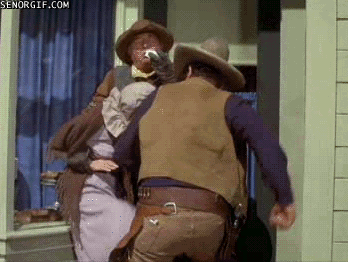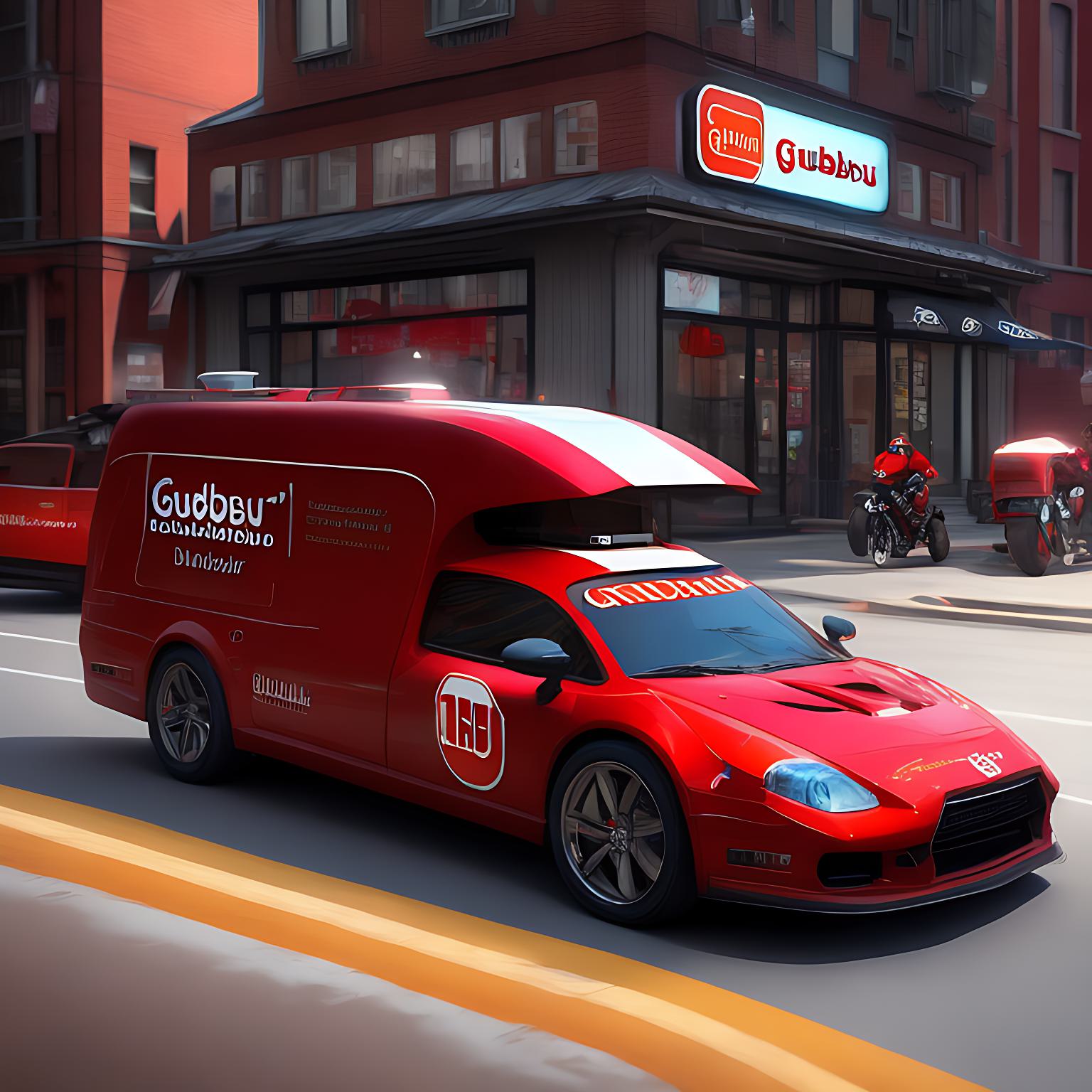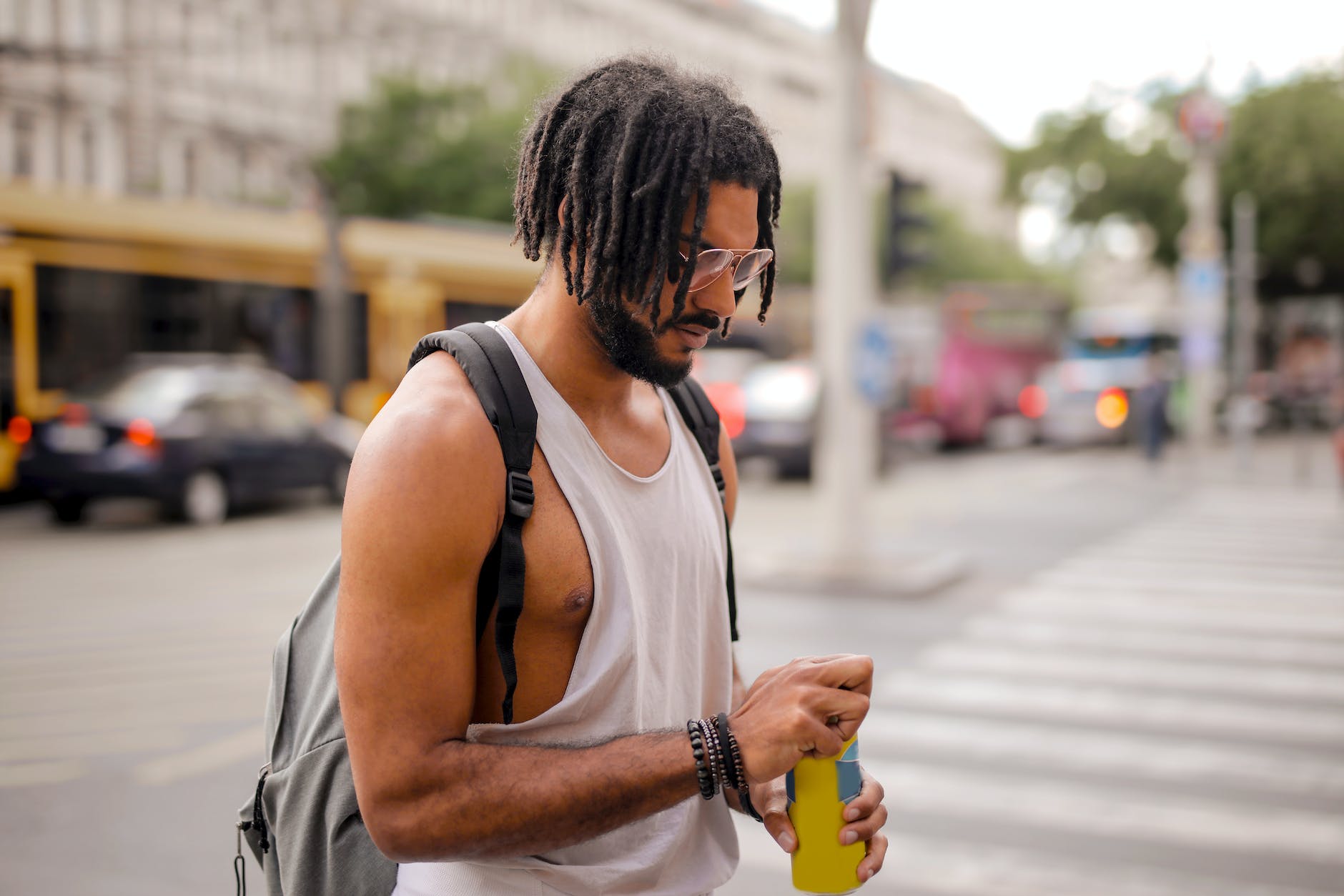The Problem with Restaurants Asking Delivery Drivers to Verify Orders
In recent years, the rise of food delivery services has been a game-changer for both restaurants and customers. However, some restaurants in Lynchburg, Virginia, have implemented a new policy that is causing controversy in the food delivery industry. These restaurants are requiring delivery drivers to confirm orders before they hand them over, which can make the delivery process more difficult for the driver.
This practice is not a requirement of any of the major food delivery platforms, such as GrubHub, Uber Eats, DoorDash, or Postmates. It is purely the decision of the restaurant to require this extra step from delivery drivers. While it may seem like a harmless request, it can cause significant issues for drivers who are already juggling multiple deliveries at once.
Restaurants that are known to follow this practice include Osaka on Fort Avenue, Wingstop on Wards Road, Hawaii Poke and Greens on Greenview drive, Kotos on Wards Road, and several others. When drivers arrive at these restaurants to pick up orders, they are required to click “confirm order” before the restaurant staff will hand over the food. This additional step can cause delays and interfere with drivers’ ability to complete deliveries in a timely manner.
Aside from the logistical issues, this practice can also make drivers feel discriminated against. When restaurant employees require drivers to confirm orders, they are essentially suggesting that the driver may not be able to properly read or comprehend the order. This can lead to feelings of frustration and resentment from drivers, who are already dealing with the challenges of navigating traffic and finding the right addresses.
It’s important to note that this policy is not universal among Lynchburg restaurants, and many establishments do not require this extra step from delivery drivers. Additionally, this policy is not required by any of the major food delivery platforms. As such, it’s up to individual drivers and customers to decide if they want to continue to support restaurants that follow this practice.
In conclusion, the practice of requiring delivery drivers to confirm orders before they are handed over is causing problems in the food delivery industry. Restaurants that implement this policy are not only making the delivery process more difficult for drivers, but they may also be contributing to feelings of discrimination and frustration. It’s up to drivers and customers to decide if they want to continue supporting these establishments, or if they would rather take their business elsewhere.




